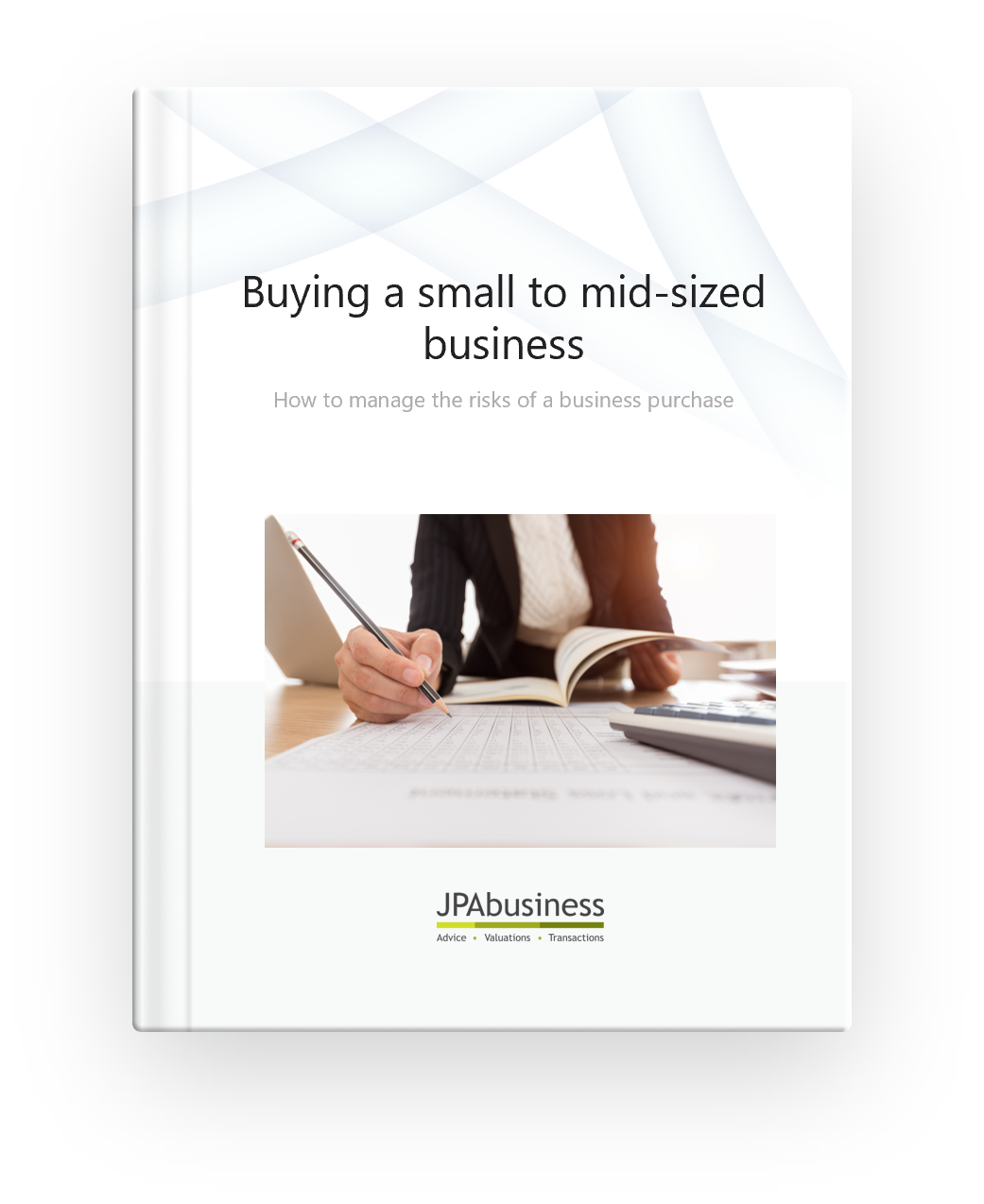
Most business-buying clients come to us for one of two reasons:
- They’re in a full-time employed environment and want to take a shot at running their own business and being their own boss;
- They already have an established, successful business and are looking for growth opportunities.
For people in both of these groups, the first step is to confirm that buying a business is actually the best course of action for their situation.
For people in the second group – existing business owners – you can read our detailed blog on this topic: Should I buy an add-on business or grow organically?
For those looking to buy their first business – read on!
Does it stack up financially?
One thing I advise business-buying clients is to start by writing down their objectives in buying a business.
You can’t assess whether a particular business – or any business! – meets your requirements if you aren’t clear on what those requirements are.
These may include your:
- personal aspirations and goals
- family needs
- strategic and wealth objectives
- day-to-day financial requirements.
One area where first-time business buyers can fall down is understanding their financial requirements from a business. We’re just going to cover those in this blog.
These buyers have often been through an extensive due diligence process on a particular business, even put in offers, and then realised that the business is not going to fund their external commitments, for example, their home loan, school fees etc.
So if you’re looking to buy a business you need to be aware, upfront, that while you may well earn more from a business than a salaried position, it may come in different ways, with different risk profiles, and over a longer term.
Here’s an example:
You receive a salary of $175,000 working for an employer, and you’re paid every 2 weeks.
You go into your own business and the most you can draw is a salary of $120,000.
Some years the business might be able to pay you $200,000 to $400,000 in dividends beyond the end of the trading year, depending on performance.
Other years, the dividends might be slim, or they might have to be retained in the business as earnings to fund growth.
If your current obligations and liabilities (outgoings for home loans and other investments etc) mean you need to earn a set and regular income totalling $175,000 each year to make ends meet, then owning a business may not be for you.
Alternatively, owning a business may be right for you, but you need to find the right business, with the capacity to provide you with adequate and regular remuneration.
Free resources
We have a number of free resources to help first-time business buyers:
- 5 first steps to buying or starting your own business [infographic]
- Pros and cons of owning your own business [ebook]
- Buying a business planning sheet [template]
The JPAbusiness team can help with all aspects of buying a business, from finding the right business for you, through to providing an independent valuation, detailed due diligence and purchase negotiations. Contact the team on 02 6360 0360 or 02 9893 1803 for a confidential, obligation-free discussion.

